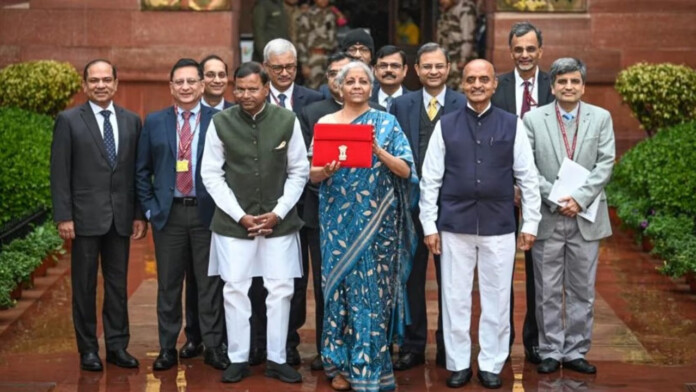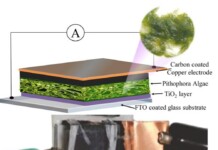Finance Minister Nirmala Sitharaman announced a radical initiative – Bio-manufacturing and Bio-foundry during her Interim Budget 2024. It aims to provide environmentally friendly raw material alternatives such as biodegradable polymers, bio-plastics, bio-pharmaceuticals, and bio-agri-inputs. It is designed to transition the current consumptive manufacturing paradigm to one that is based on regenerative principles.
Bio-manufacturing and bio-foundry are terms that describe innovative technologies at the intersection of biology and manufacturing, aiming to create sustainable solutions for various industries. These concepts are part of the broader field of synthetic biology, which combines elements of engineering, biology, chemistry, and computer science.
What are Bio-manufacturing” and “Bio-foundry?
Bio-manufacturing refers to the use of living systems, such as microorganisms or cellular cultures, to produce biological materials and chemicals for use in products ranging from medicines to biofuels. Unlike traditional manufacturing processes that often rely on fossil fuels and non-renewable resources, bio-manufacturing seeks to utilize renewable resources and biological processes. This method is considered more sustainable and environmentally friendly because it can significantly reduce waste and energy consumption. For example, bio-manufacturing can be used to produce biodegradable plastics from plant materials instead of petroleum, offering a greener alternative to conventional plastics.
Bio-foundry is a facility or platform that automates the synthetic biology workflow, encompassing the design, construction, and testing of genetic materials. Bio-foundries enable rapid prototyping and scaling of biological systems under controlled conditions. They use advanced technologies like robotic systems, high-throughput screening, and sophisticated software for modelling and simulation to engineer organisms with desired traits. This approach accelerates the development of new biological products, including vaccines, enzymes, and bio-based chemicals. Bio-foundries represent a significant advancement in biotechnology, allowing for more efficient and precise manipulation of biological systems, and leading to innovations in healthcare, agriculture, and environmental management.
What is India aiming for?
At the heart of this scheme is the establishment of state-of-the-art bio-foundries. These facilities are envisaged as incubation centres for innovation, where researchers and entrepreneurs can collaborate to design, develop, and deploy novel biological systems. The bio-foundries will provide the necessary infrastructure, resources, and expertise to accelerate the translation of scientific research into market-ready solutions, addressing some of the most pressing challenges in agriculture, healthcare, energy, and waste management.
The government aims to provide a substantial allocation of funds, earmarked to support the construction of bio-foundries, research and development activities, and the scaling of bio-manufacturing processes. The investment is expected to spur job creation, foster the growth of new industries, and enhance India’s competitiveness in the global bio-economy.
Moreover, the scheme emphasizes the importance of sustainability at every stage of the bio-manufacturing process. By adopting a circular economy approach, it seeks to minimize waste and maximize the use of renewable resources, thus reducing the environmental impact of industrial activities. The promotion of bio-based products, which are biodegradable and have a lower carbon footprint than their conventional counterparts, is expected to contribute significantly to the country’s climate change mitigation efforts.
The initiative also includes a comprehensive framework for regulatory oversight, ensuring that bio-manufacturing practices adhere to the highest standards of safety and ethical considerations. It underscores the government’s vision of achieving technological advancement while maintaining a balance with nature and society.
As the scheme rolls out, the Finance Minister said “it will be critical to foster collaboration among government, industry, academia, and civil society to realize its full potential.”
Learn more
https://www.youtube.com/watch?v=SOhuldf5Gu8











